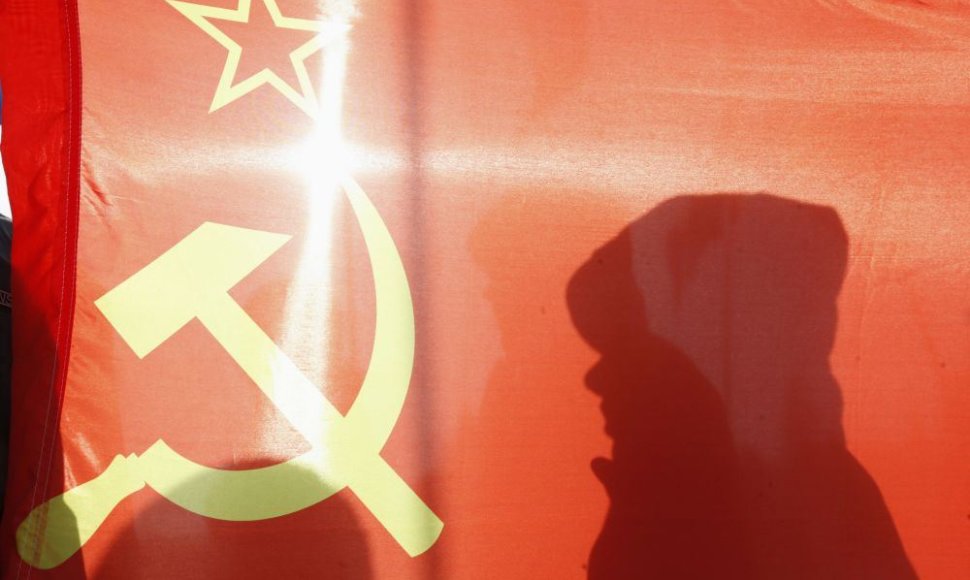The panel will be headed by the prime minister's chancellor and will also include representatives of the Genocide and Resistance Research Center of Lithuania, the Department of Cultural Heritage, the World Lithuanian Community, the Ministries of Foreign Affairs, Justice and Culture, the Office of the Chief Archivist of Lithuania, the Lithuanian Institute of History, the Lithuanian Union of Political Prisoners and Deportees as well as the International Commission for the Evaluation of the Crimes of the Nazi and Soviet Occupation Regimes in Lithuania.
At a Cabinet meeting on Wednesday, the Ministry of Justice was assigned to look into possibilities for victims of the Soviet occupation to lodge individual lawsuits. The ministry was also ordered to present proposals on the creation of a mechanism of providing free legal assistance to such individuals.
The government also asked the Genocide and Resistance Research Center to employ authoritative foreign experts to carry out a study to justify the Republic of Lithuania's demand for compensation.
The governmental panel, set up on 23 May, submitted proposals to the government in July on negotiating positions and an action plan on how to seek compensation for damage done by the Soviet occupation.
The proposals include inviting foreign experts, free legal assistance to victims of the Soviet occupation, a final study of the scope of damages caused by the Soviet Union in Lithuania, which would be published in Lithuanian and foreign languages, hosting an international research seminar focusing on the course and consequences of Soviet occupation of the Baltic states and involving Russian scientists.












